Google Pixel 9 vs Google Pixel 9 Pro: which Pixel is right for you?
A new approach to the Pixel range muddies the waters between the base device and its more powerful, upgraded sibling
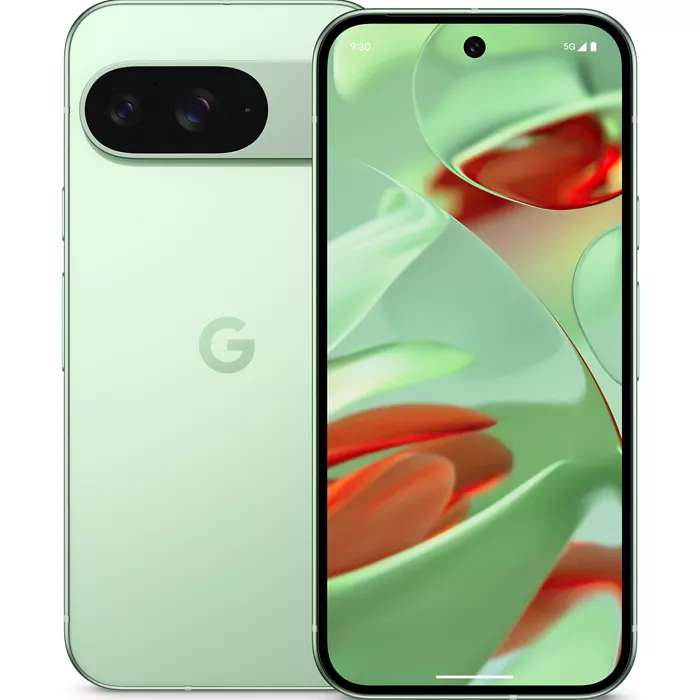
With a new design and a competitive assortment of features, the Google Pixel 9 is a smartphone to consider against the likes of Apple and Samsung.
For
- Twice as durable as the Pixel 8
- Same main camera and ultra-wide as Pixel 9 Pro
- Very bright and colorful display
Against
- Google AI is going to require a lot of trust
- Launch price is high compared to high-powered competitors
- No zoom camera lens

Technically a new model in Google's phone range, the Pixel 9 Pro takes the strong specs of the XL and stuffs it into a smaller frame.
For
- Same zoom lens as the Pixel 9 Pro XL
- Cool new design is more durable than before
- Lots of RAM should help over the seven years of updates
Against
- Some AI features will require more trust than ever before
- No charger in the box to support the faster charging
- Kind of pricey, maybe wait for a deal
Google’s annual hardware-focused MadeByGoogle event was brought forward two months for the first time this year, and with it came a much heavier slate of devices than what we’ve seen before. Obviously the Google Pixel 9 series was the focus, now with a whopping four handsets in the range, begging the question – which one of these phones is right for you?
That question is easier to ask than to answer. The New Google Pixels are brilliant phones, yes, but this year, two new trims accompanied the standard phone and its larger counterpart – a smaller sized Pixel 9 Pro, which is basically the same animal as the larger counterpart with the form factor of its smaller brother and some specs shaved off, and the Pixel 9 Pro Fold, a foldable variant that’s launching more widely than its predecessor.
Because of the new ‘Pro’ model, what we previously referred to as the ‘Pro’ is now called the ‘Pro XL’ in reference to its larger screen size. Muddying the waters even more is that the standard ‘Pro’ isn’t launching alongside the Pixel 9 and 9 Pro XL. It’ll be released alongside the Pixel 9 Pro Fold in most markets on September 4, with a release date for the Pro yet to be announced for Australia.
So, at the time of writing, it’s worth putting the base model Google Pixel 9 and the middle child Google Pixel 9 Pro head to head to figure out which one is right for you. Let’s get into it.
Google Pixel 9 vs Google Pixel 9 Pro: specs comparison
Before we get too far into this comparison, here's an overview of the specs.
| Google Pixel 9 | Google Pixel 9 Pro | |
|---|---|---|
| Weight: | 198g | 199g |
| Display: | 6.3-inch Actua display | 6.3-inch Super Actua display |
| Resolution: | 1080 x 2424 | 1280 x 2856 |
| Refresh rate: | 60-120Hz | 1-120Hz |
| CPU: | Google Tensor G4 | Google Tensor G4 |
| RAM: | 12GB | 16GB |
| Storage: | 128GB / 256GB | 128GB / 256GB / 512GB / 1TB |
| OS: | Android 14 | Android 14 |
| Cameras: | 50MP wide; 48MP Ultrawide | 50MP wide; 48MP Ultrawide; 48MP 5X zoom |
| Selfie Camera: | 10.5MP | 42MP |
| Battery: | 4,700 mAh | 4,700mAh |
| Charging: | 27W | 27W |
| Colors: | Obsidian, Porcelain, Wintergreen, Peony | Obsidian, Porcelain, Rose Quartz, Hazel |
Google Pixel 9 vs Google Pixel 9 Pro: price and availability
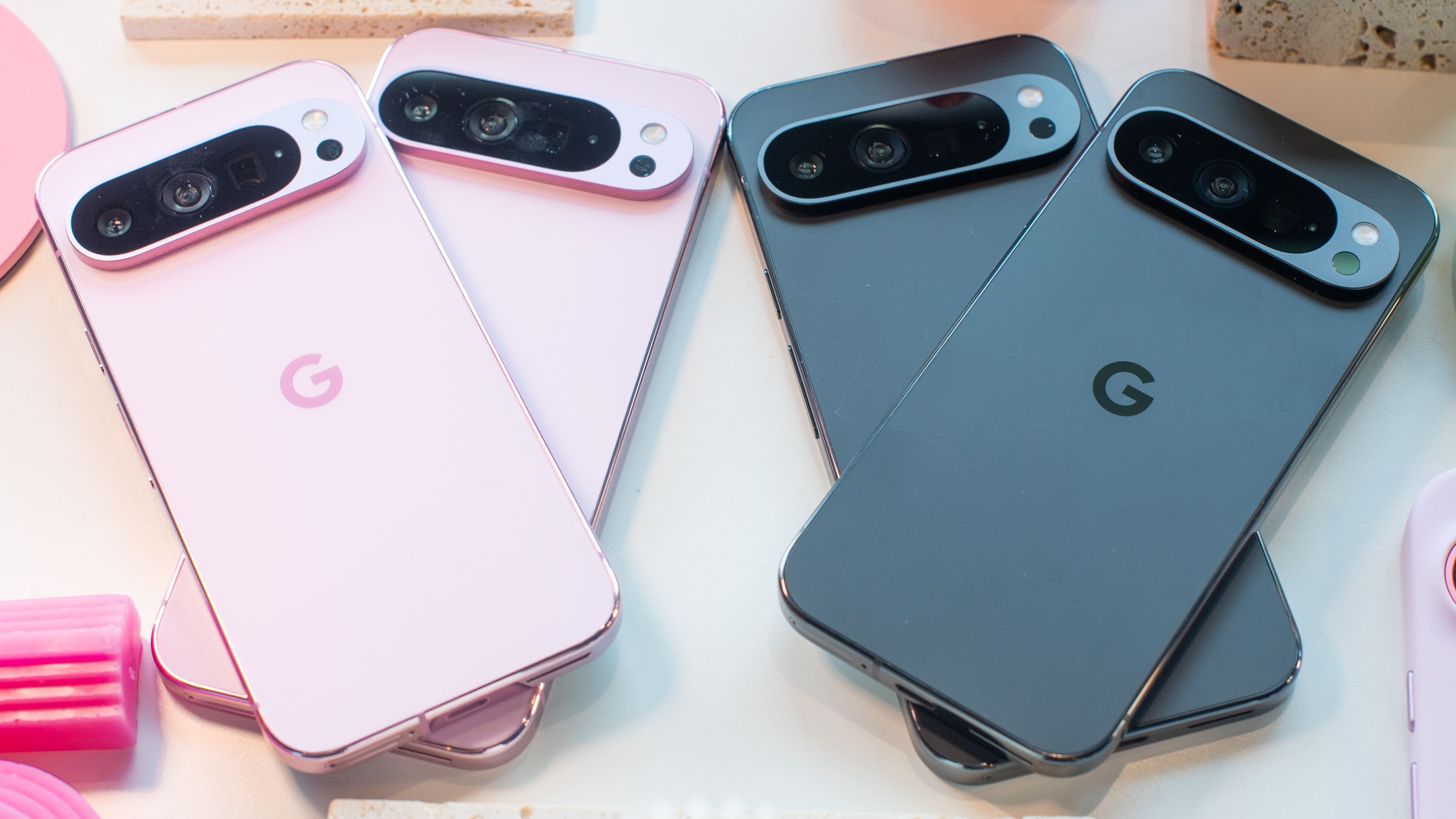
Both the Google Pixel 9 and 9 Pro XL are launching in the US, UK and Australia on August 22. The standard Pro and the Pro Fold will be coming later on September 4 (excluding the Pro for Australia, with a release date yet to be announced).
Prices for the Google Pixel 9 begin from $799 / £799 / AU$1,349, while the Google Pixel 9 Pro will set you back $999 / £999 / AU$1,649. The Pixel 9 Pro has created a nice gap between the base model and the XL, when in previous years the two models were much closer together.
There’s no surprise why these phones are at such different price points – the more you pay, the more powerful your device – but why should you get a more powerful option? Let’s compare.
Google Pixel 9 vs Google Pixel 9 Pro: design
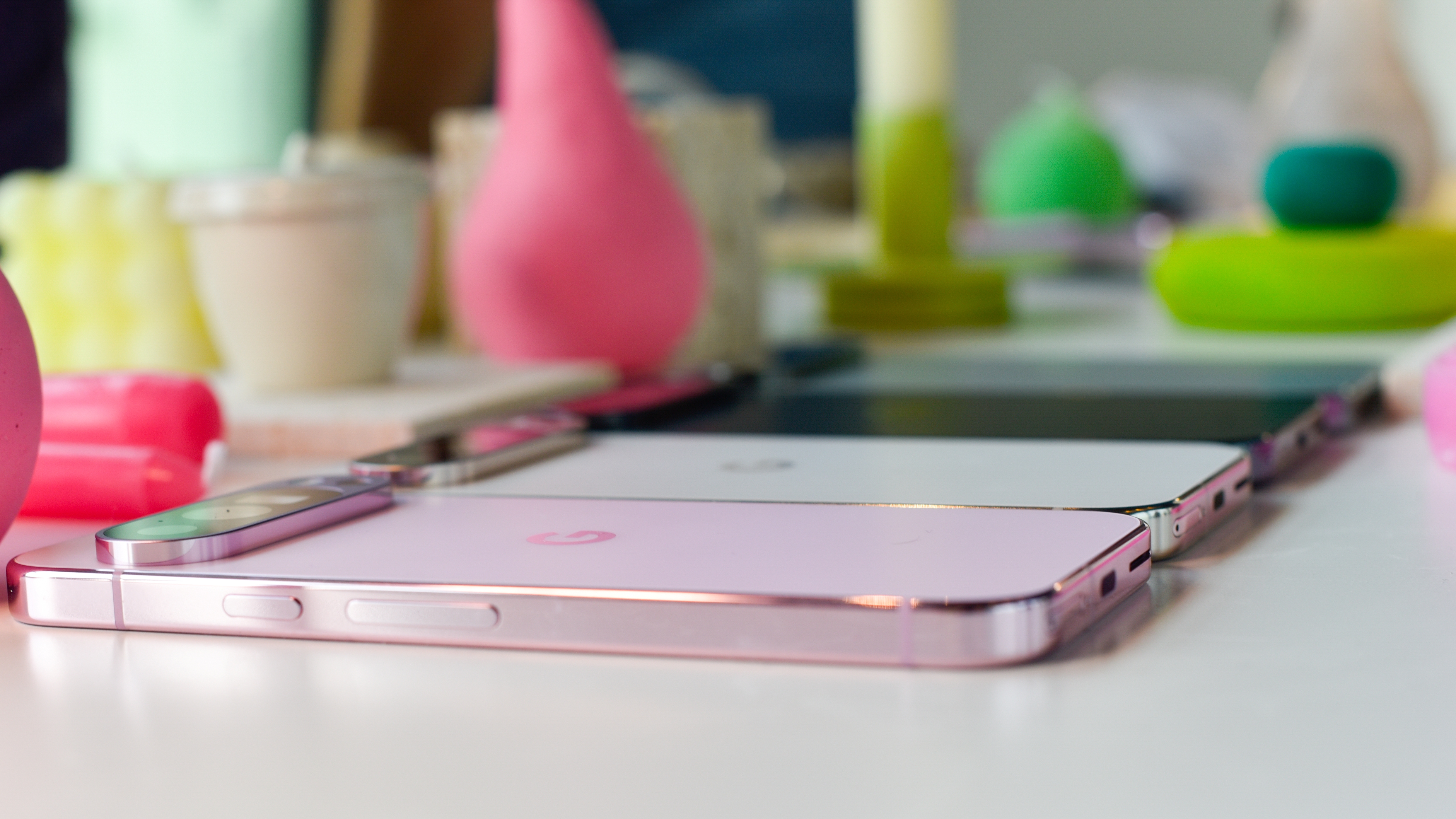
The Google Pixel 9 and the Google Pixel 9 Pro don’t have a lot of stylistic differences between them. Where previously the Pro would simply be a larger device, that trait is now exclusive to the 'Pro XL' as a seperate phone.
The camera bars are a little different to what we saw on the Pixel 8 range, taking on more of a rounded, oval shape than the rectangle that previously stretched across the entire rear of the device from left to right. The 9 Pro’s camera glass is wider to compensate for the telephoto lens and there’s a temperature sensor underneath the flashlight (exactly the same as the Pro XL).
In terms of weight differences, the Google Pixel 9 only weighs 198g and the Pixel 9 Pro weighs 199g. Both phones are only 8.5mm thick.
The Google Pixel 9’s dimensions are 152.8 x 72 x 8.5 mm, which are exactly the same as the Pixel 9 Pro. The sides of these phones are well rounded, with the backs more flat than previous generations.
The frames of all three devices are made of aluminum, lacking the titanium designs that the Pixel’s closest competitors (the iPhone 15 Pro and Samsung Galaxy S24 Ultra) adopted recently.
Finally, all the phones in the Pixel 9 range are IP68 rated, giving the user a fair amount of safety when it comes to dust and water ingress.
Google Pixel 9 vs Google Pixel 9 Pro: displays
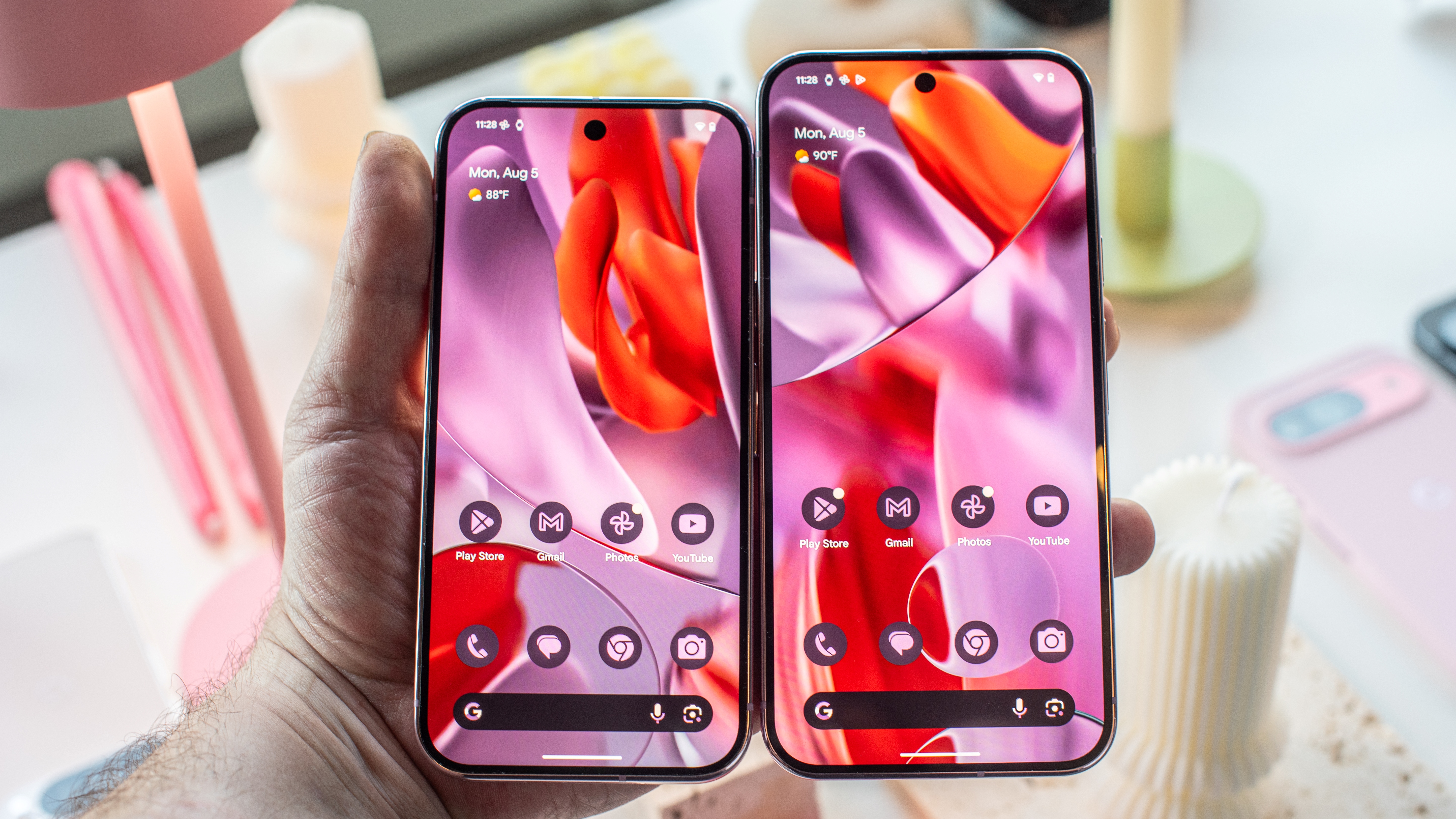
The Google Pixel 9 and Pixel 9 Pro come with Gorilla Glass Victus 2, with OLED panels operating at a maximum of 120Hz. The base model can achieve a maximum brightness of 2,700 nits, while the Pro goes up to 3,000 nits.
The standard model and the Pro have the same screen size at 6.3 inches, however the phones boast different resolutions – 1080 x 2424 (442ppi) for the Pixel 9 and 1280 x 2856 (495ppi) for the Pixel 9 Pro. For reference, the larger 9 Pro XL gets the highest resolution of 1344 x 2992 (486ppi).
There’s not really a dramatic difference between these devices in the display department, but you’ll definitely get a better screen if you go for one of the more expensive models.
Google Pixel 9: cameras
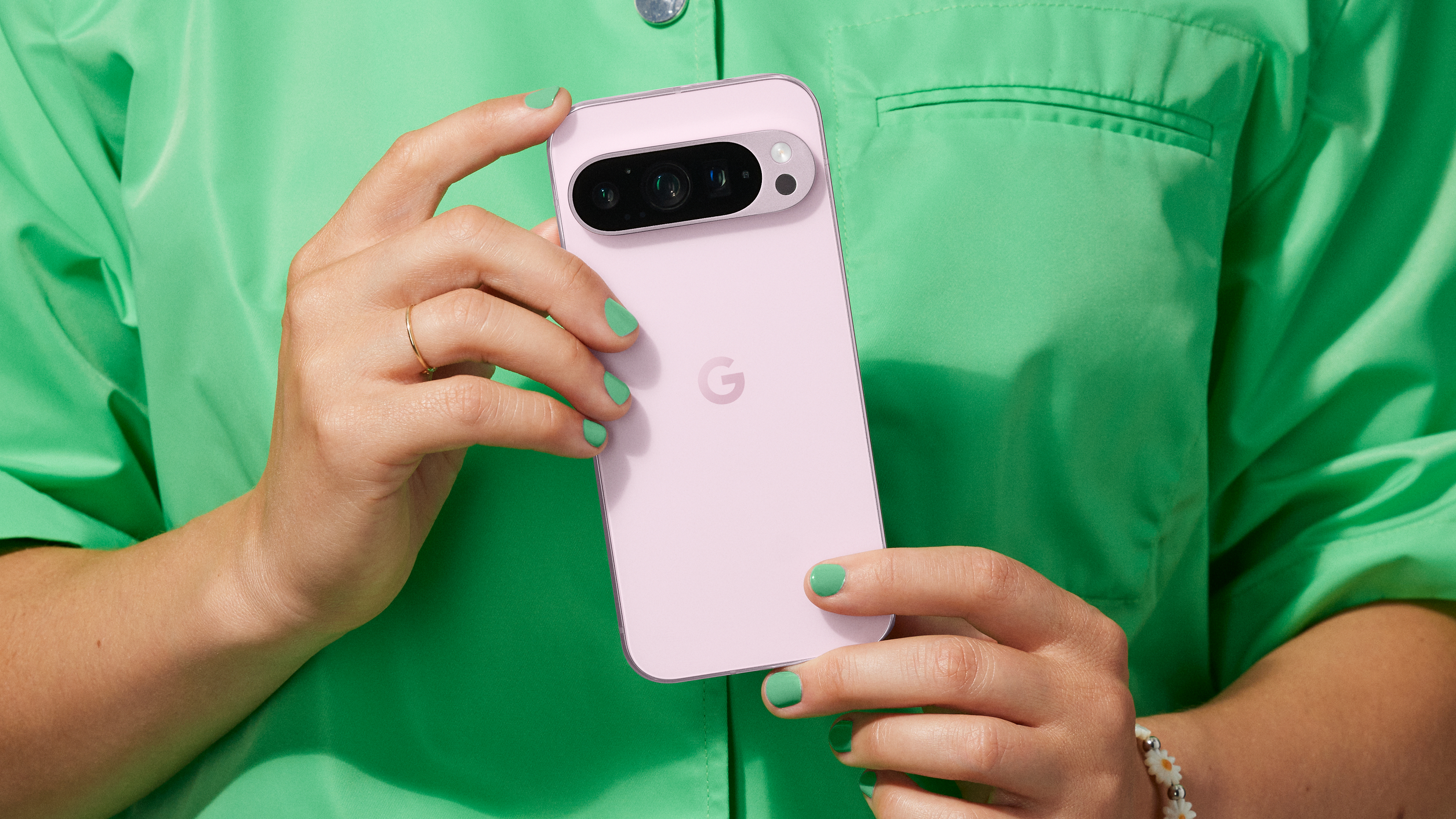
Google’s cameras on its Pixel range of phones are extremely powerful thanks to a smart amount of software optimization, but between the Google Pixel 9 and Pixel 9 Pro, there are some differences to appreciate.
The base model Google Pixel 9 comes with a 50MP main camera and 48MP ultrawide camera, with a 10.5MP selfie camera on the front. On the other hand, the upgraded Google Pixel 9 Pro and the Pro XL come fitted with both those aforementioned lenses along with a 48MP periscope telephoto camera, while the selfie camera on the front is a 42MP lens.
Things are a bit more complicated when it comes to the camera software. The Pro models are capable of high-res snaps of up to 50MP and come with ‘Pro’ camera control features for adjusted the shot before it’s taken (such as focus, ISO and shutter speed). The Pro models can also zoom up to 30x optical, versus the standard model’s 8x. The Pro models also come with Zoom Enhance, Video Boost and Night Sight Video modes for more professional-looking results.
As far as video capture goes, all three phones can capture clips at up to 4K/60p, with the Pro models capable of going up to 8K/30p. Each phone can also capture 1080p at up to 240fps for slo-mo effects.
Google Pixel 9 vs Google Pixel 9 Pro: performance and software
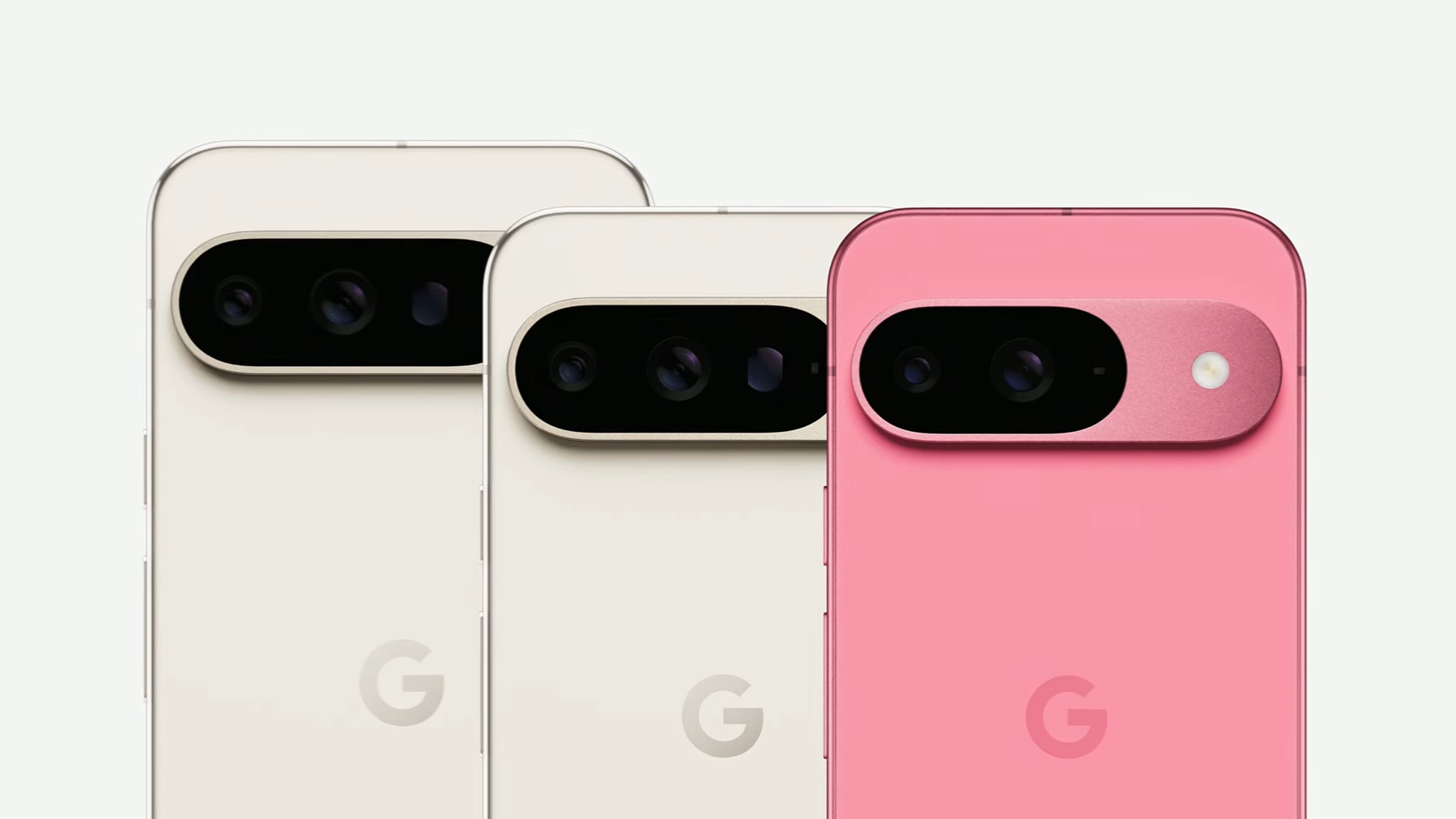
The Google Pixel 9 and Pixel 9 Pro follow through with what has made all previous Pixel devices so good – a minimalist approach to the base software package that leaves bloatware completely out of the first boot. Rather, several of Google’s great apps make up the base software package on the Google Pixel range of devices.
This year the Google Pixel 9 phones are powered by the Tensor G4 chip, purpose-built silicon for Pixel phones focused on machine learning and produced by Samsung (and the company’s chip fabrication processes).
The base model Pixel 9 comes with 12GB RAM, while the Pro models come with 16GB. That’s a fairly impressive amount of system memory and translates to better performance over previous models. In terms of day-to-day use, this will likely mean less lag when under processing stress, such as when you’ve got multiple apps open at once. We’ll drop Benchmark results in this article once Geekbench is made available for these devices and we’ve completed our full review of all of them.
In terms of storage capacity, the base model Pixel 9 comes with a choice of either 128GB or 256GB, while the Pro models come with 128GB, 256GB, 512GB or 1TB storage options (though availability of these vary depending on the market).
Finally, each Pixel device comes with a commitment from Google to provide seven years of Pixel drops and software updates – so if you want to hold onto a handset for longer, these phones are quite attractive.
Google Pixel 9 vs Google Pixel 9 Pro: battery life
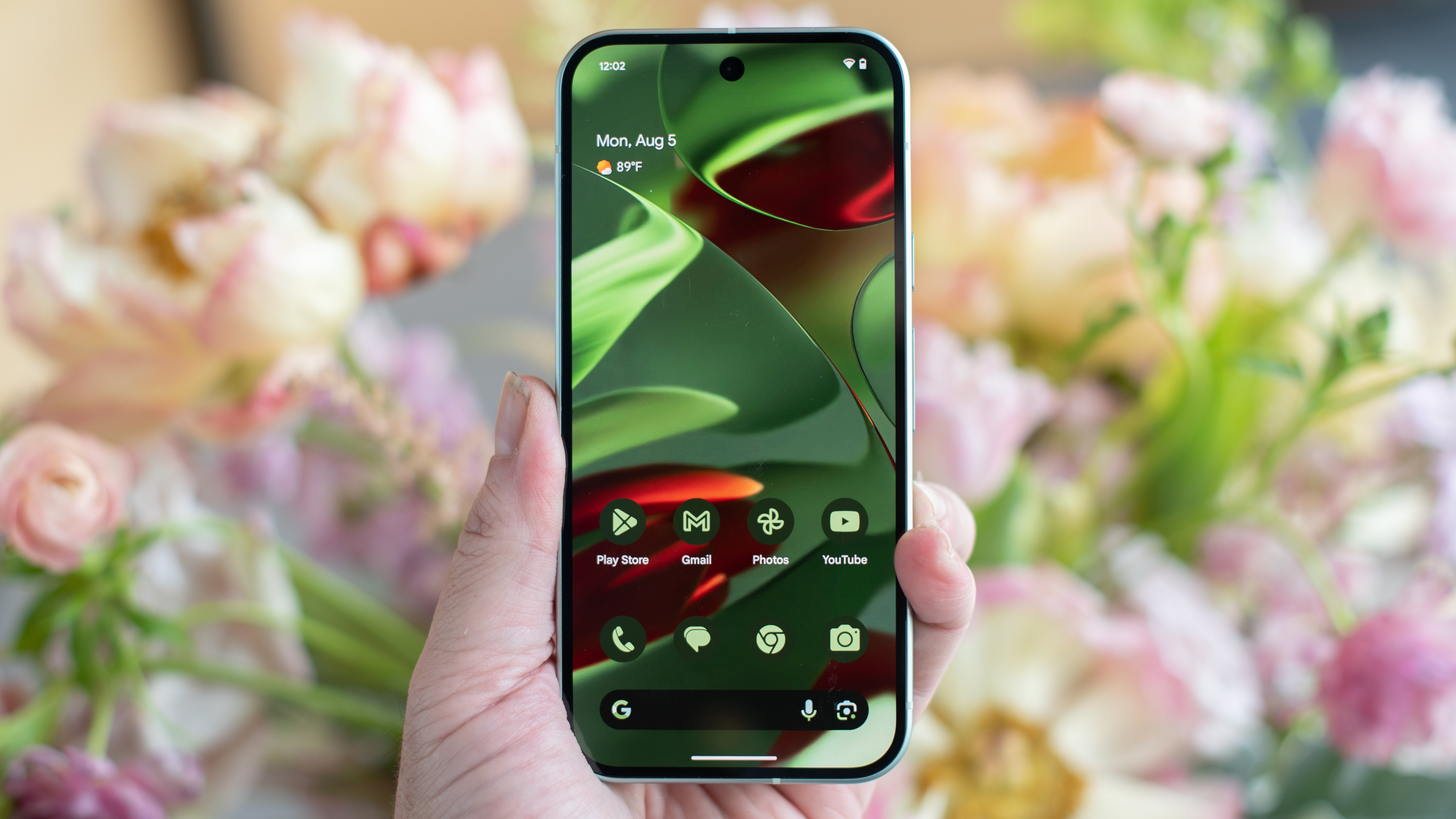
Google rates all of its Pixel 9 devices as capable of more than 24 hours of battery life, with the standard Pixel 9 and Pixel 9 Pro packing a 4,700mAh battery. We’ll have more concrete information on battery performance once our in-depth reviews of each phone go live.
Outside of battery cycling, maximum charging wattage is a bit different. The Google Pixel 9 and 9 Pro are capable of charging at up to a 27W capacity, promising a rate of 0% to 55% in 30 minutes. This is actually one of the major points of difference between the Pixel 9 Pro and 9 Pro XL; the 9 Pro XL charges at a maximum capacity of 37W wired, with an advertised charging rate of 0% to 70% in 30 minutes.
Things then get even more complicated in the wireless charging environment, with the phones featuring first-generation Qi charging. The standard Pixel 9 can charge at up to 12W with a Qi charger, or up to 15W with the Pixel Stand. The Pixel 9 Pro can charge at up to 21W with the Pixel Stand or 12W with a Qi charger. Again, as a point of difference, the Pro XL can top up at up to 23W with the Pixel Stand or 12W with a Qi charger.
There’s no charger included in the box and you’ll need a sufficiently capable USB-C charger to support those high wattage charging capacities.
Google Pixel 9 vs Google Pixel 9 Pro: verdict
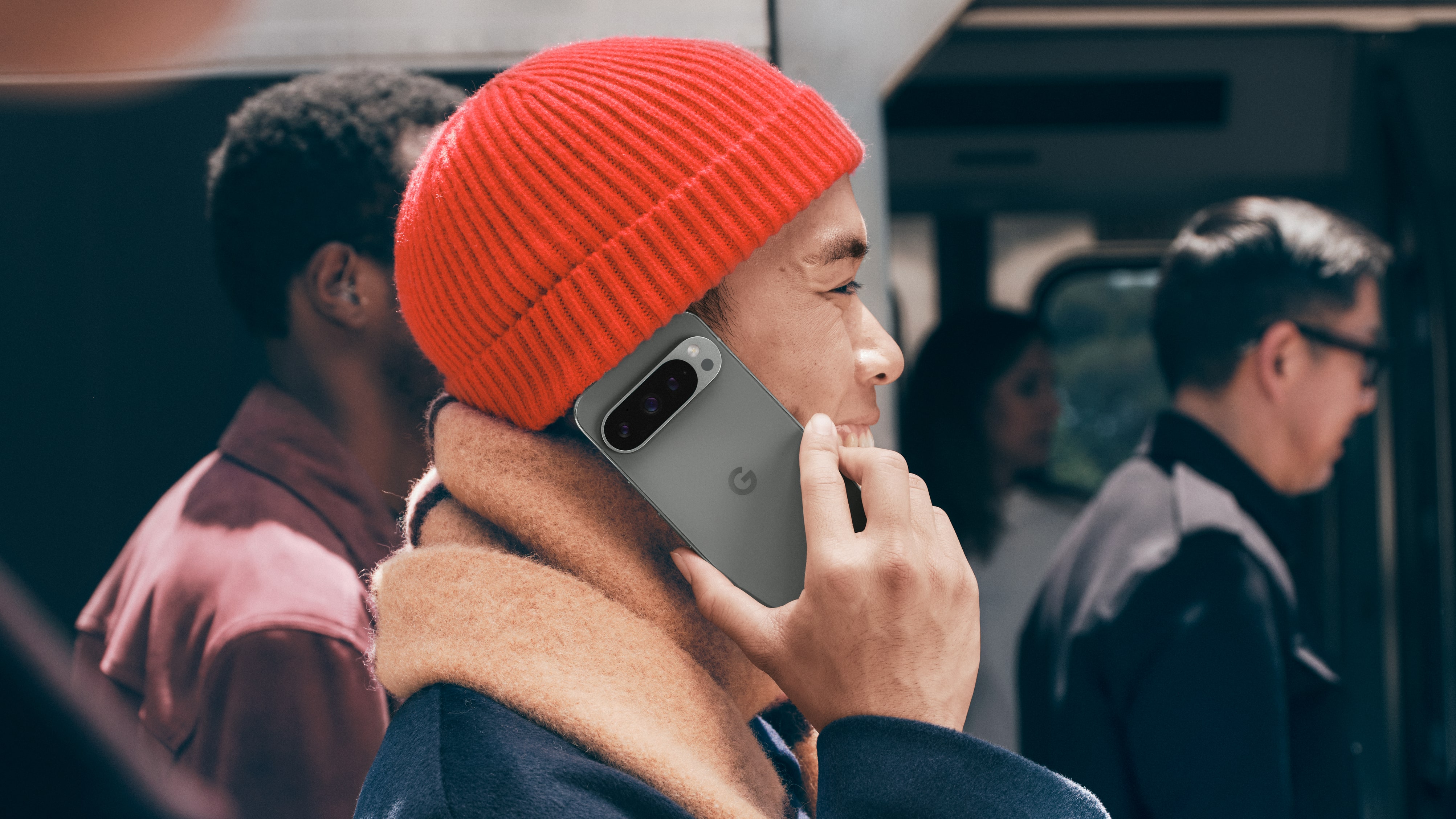
With broad price differences between the base model, the middle child and the largest sibling, it’s difficult to say if a user would truly get better value out of the Google Pixel 9 over the new Pixel 9 Pro middle child. Obviously a nicer array of cameras and photo features are handy to have, but the Pixel 9 represents such a well-rounded device that, for most people, it probably wouldn’t be all that worthwhile to buy anything more expensive.
Thankfully the Pixel 9 Pro exists as a midway device for users that want more out of a smaller handset, but don’t be fooled – several of the features that come with the Pro XL, including the greater charging capacity and the significantly greater resolution, are absent from the Pixel 9 Pro. It’s worth going through these feature segments above with a fine comb to uncover if a particular feature that matters to you is underspec.
I'm inclined to recommend the standard Google Pixel 9 this time around over its more beefier relatives, however it may also be worth considering the Google Pixel 8a – the budget-oriented handset that released earlier this year – if you’d like to save some money. The Pixel 9 Pro Fold is also an option if you want to get in on the foldable game.
Get daily insight, inspiration and deals in your inbox
Sign up for breaking news, reviews, opinion, top tech deals, and more.

Zac has been in the tech writing game for six years, having previously written for Gizmodo Australia, Canstar Blue, and The Daily Mail Australia (with articles on Nine, Junkee, Kotaku Australia and Lifehacker Australia). He’s a huge nerd with a deep passion for technology. While his main focus at TechRadar Australia is phones, monitors and peripherals, he also has a deep interest in the growing Australian EV landscape. Outside of Techradar, Zac’s a Headspace (a youth mental health organization) volunteer and an avid gamer.